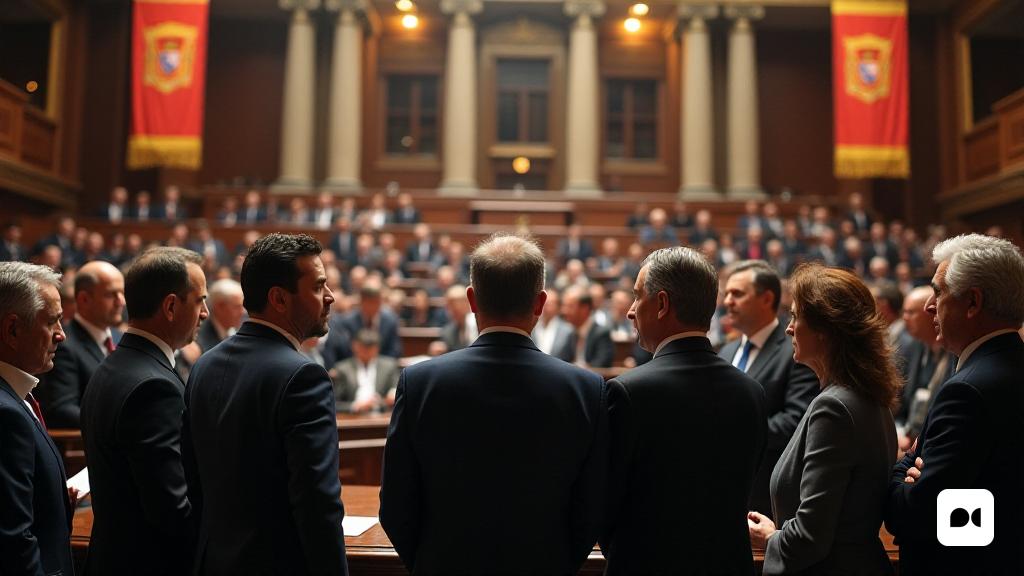The consequences of the process on the current political scene
The recent history of Catalonia has left a deep imprint on its political system, with the independence process that led to an immobilization of institutions. The years of intense national conflict transformed Parliament and the Government into tension scenarios, where negotiation became a political strategy game that often prioritized partisan interest over the common good.
The transfer of conflict to Congress
With the end of the process in Catalonia, its negative influence has found a new scenario: the Congress of Deputies. ERC and Junts, two of the main actors of the independence movement, have brought their blockade strategy in Madrid, leaving the Spanish government in a situation of vulnerability, without budgets for 2025.
Unattainable demands
The pro -independence parties have presented conditions that are impossible to fulfill, even for a president like Pedro Sánchez. This dynamic of maximum has caused the Government to abandon the approval of the budgets, a decision that impacts directly on the necessary investments for the reforms.
Institutional paralysis and its impacts
The executive’s inability to approve budget accounts not only amplifies institutional paralysis, but also decreases its ability to address the challenges that arise in an increasingly turbulent political context. This situation emphasizes the adverse consequences of Sánchez’s decision to ally with the independentists.
The negotiation policy as a rule
The negotiation model that has been established in the Spanish political landscape, inheritance of the process, has led to a situation of constant collapse. Conversations for the approval of the budgets have encountered the swollen self -esteem of some and the intransigence of others, creating a tension environment that makes any agreement impossible.
The difficult position of the PSOE and the PSC
The PSOE, in its search for alliances with the pro-independence parties to prevent the right from accessing power, has trapped in a network of interests that is detrimental to its own stability. This strategy, which initially seemed promising, now translates into an inability to approve budgets that are a fundamental step for the recovery of Catalonia.
A complicated electoral panorama
With the blocked budgets, the Salvador Illa Plan for the ‘Third Transformation’ of Catalonia is seriously threatened. The opposition is already beginning to see opportunities in this situation of weakness, which could further complicate the election landscape for the PSOE and the PSC as the political crisis reproduces.
Final reflections on the political future
The current panorama presents a considerable challenge for the government, which is in a constant stressful situation due to the demands of the procession parties. Its capacity for legislative action is threatened, and the long -term perspective for electoral recovery is complicated. The transfer of Catalonia’s political conflict to Congress not only perpetuates the crisis of the Sánchez government, but also shows the fragility of the Spanish political system.

